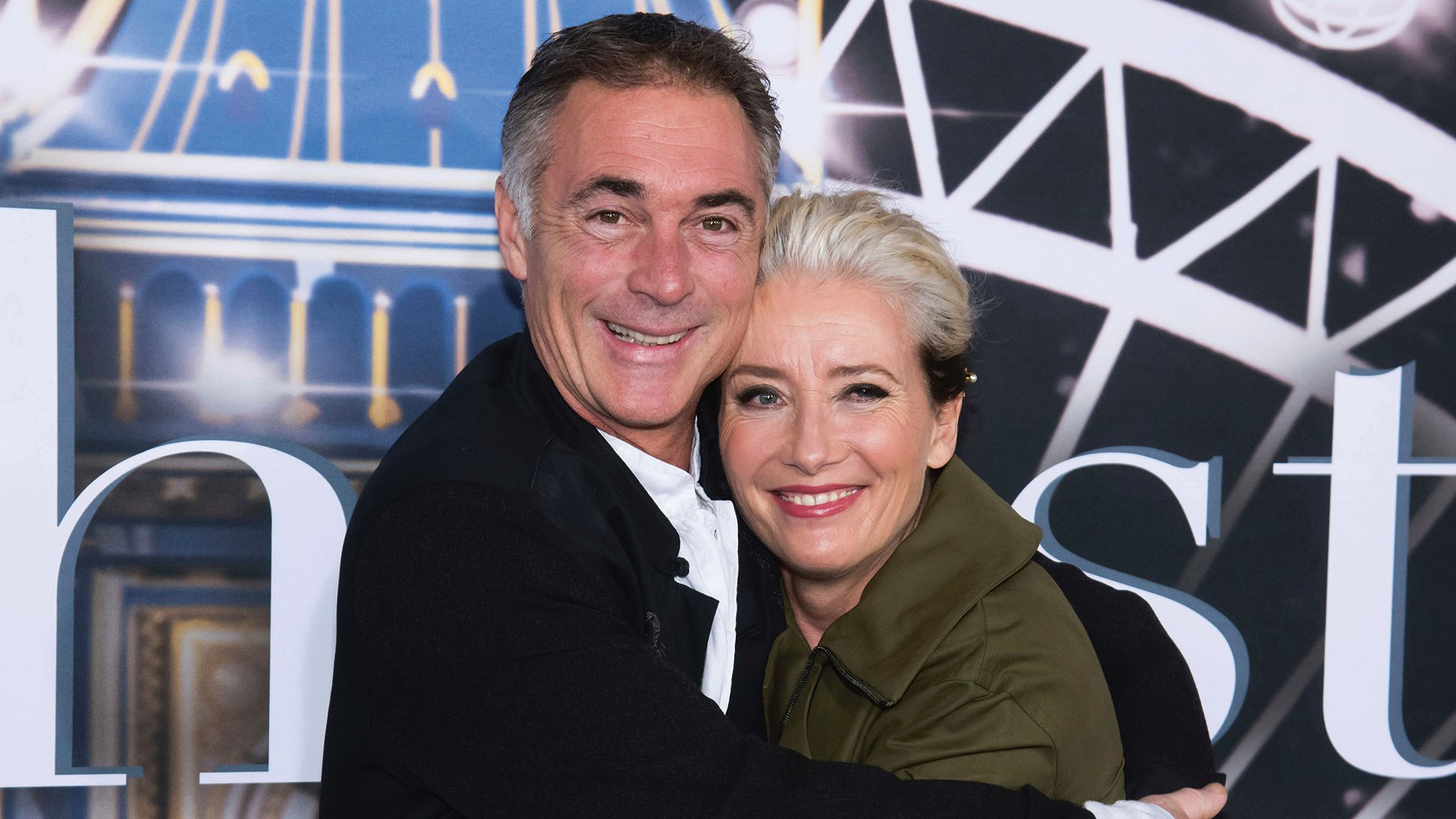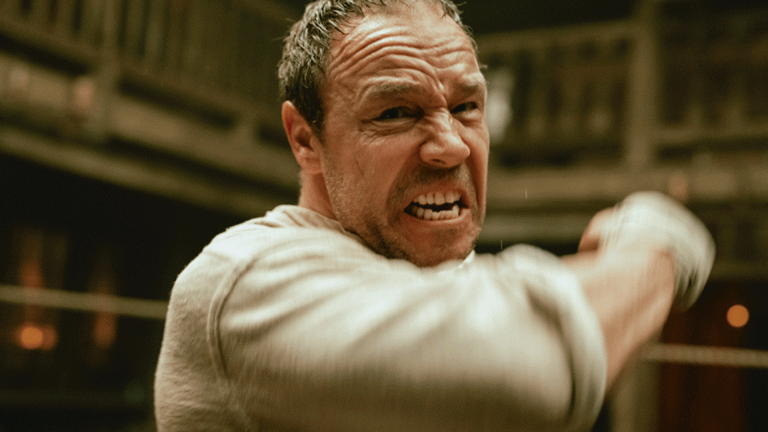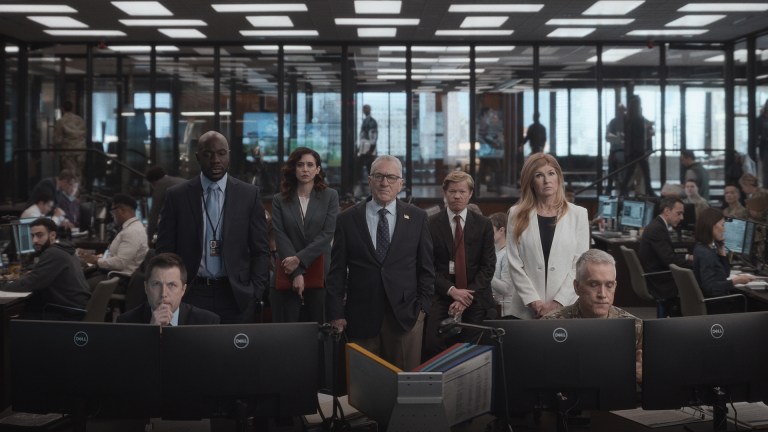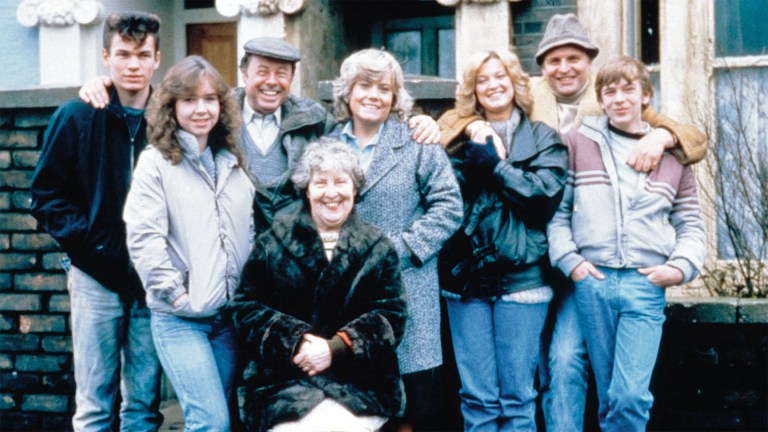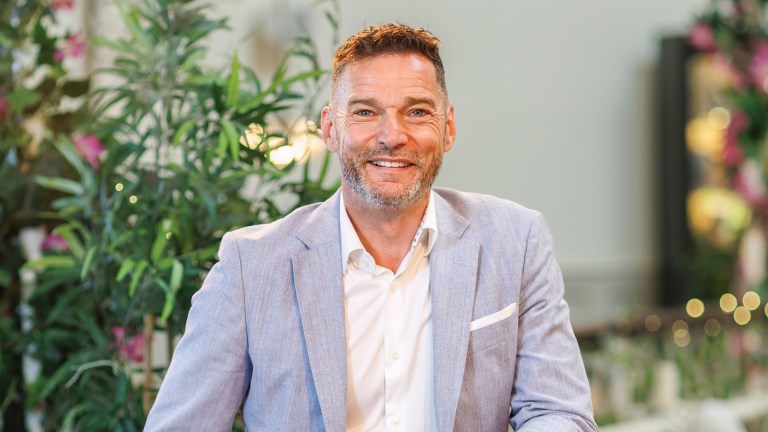The Big Issue: How did George Michael’s involvement influence the film?
Emma Thompson: When I met George back in 2012, I was struck by his involvement with and passion for the homeless. I had been a patron of Alone in London, an organisation that helped young people between the ages of 16 and 24, and we talked about the many ways in which we can slip through the safety nets of life and find ourselves alone on the streets. We talked about the weird response to homeless people – as though they are somehow there because of their own inadequacies instead of a series of difficult events that could happen to any one of us. That humans aren’t like snails – born with a home on their backs – they have to be lucky enough to have one, and a safe one. So many people don’t. George cared enormously about this issue, which came as a surprise to me as he had never publicised it or his keen participation in initiatives to help.
The film addresses our ‘dark times’ – what is darkening our world and how can we overcome?
Fear and distrust of ‘the Other’ always darkens the world. In times of austerity – when there is a lack of collective and personal resources – we naturally become more self-protective and entrenched behind the bulwarks of nationalism and xenophobia. But we think that society becomes healthier and more vibrant when it opens its doors to others. Our close family is made up of all sorts of people from all over the world and we are infinitely the richer for it. When we started to write the story, we drew the family from a combination of [husband] Greg [Wise]’s family history and other people we knew. Greg’s mum was from eastern European stock and had come to Britain as a young girl before the war. So he knew and we both knew of families that had come here in difficulties, wanting to create a better life for their children and placing often impossible demands on those children to succeed. People who have to make a journey away from their own cultures and comfort zones into a whole new world often make a huge success of things and contribute enormously to their host societies while dealing quietly with a great deal of loss and grief. We wanted these elements to at least be present in the story without controlling it or being too obvious.
How does the Christmas story – whether you believe it literally or not – shed light on the issues facing us today?
